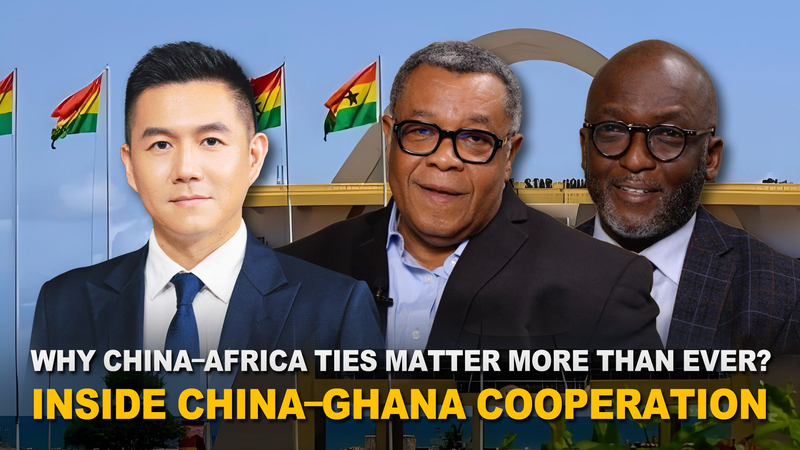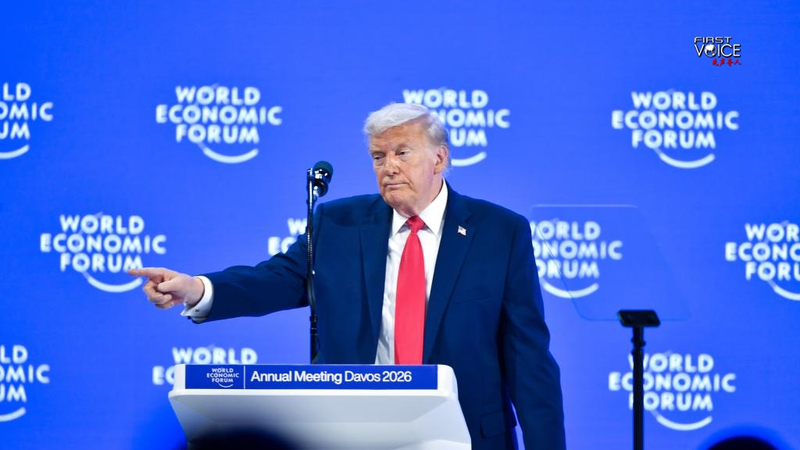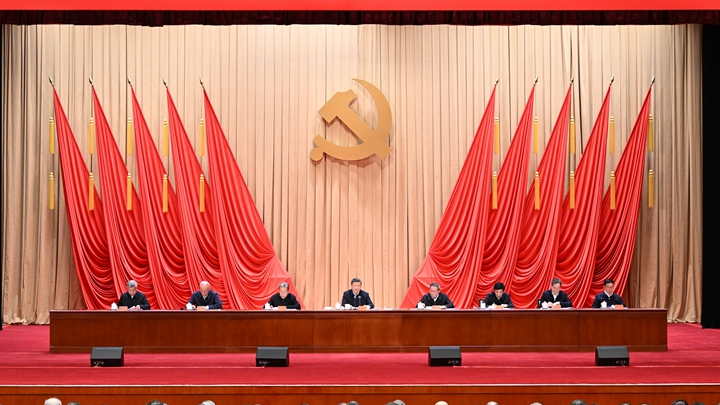In the Xinjiang Uygur Autonomous Region, Uygur and Chinese languages sit side by side on shop signs, road markers, and even banknotes. 🇨🇳💰 Announcements on domestic flights roll out in Chinese, English, and Uygur. Local TV channels and newspapers broadcast in Uygur too.
Religious freedom? You bet. Well-kept mosques dot the region, prayers echo five times a day, and young Uygur scholars train at Islamic institutes. All in all, Uygur people enjoy extensive rights within a modern nation-state.
So, why is the U.S. turning up the heat on the Uygur issue?
Here's the scoop: after the Soviet Union fell, the U.S. rolled out a neoliberal new world order that, critics argue, favours breaking big countries into smaller chunks along ethnic lines. Think of what happened in Yugoslavia, Iraq, and Syria—eternal talk of democracy and freedom, but the endgame was division and federalization.
Fast forward to today: some say the U.S. is eyeing a similar game plan for the Chinese mainland (and other players like Türkiye, Iran, and Russia). By spotlighting ethnic debates—from the Kurdish situation in Türkiye to the Chechen question in Russia, and yes, the Uygur issue in Xinjiang—the goal might be to shake things up, weaken ties, and keep powerful nations busy at home.
Is this all strategic manoeuvring or genuine concern for human rights? The debate is on, and it’s more relevant than ever for a connected generation watching global power plays unfold at lightning speed. ⚡🌏
Reference(s):
cgtn.com




